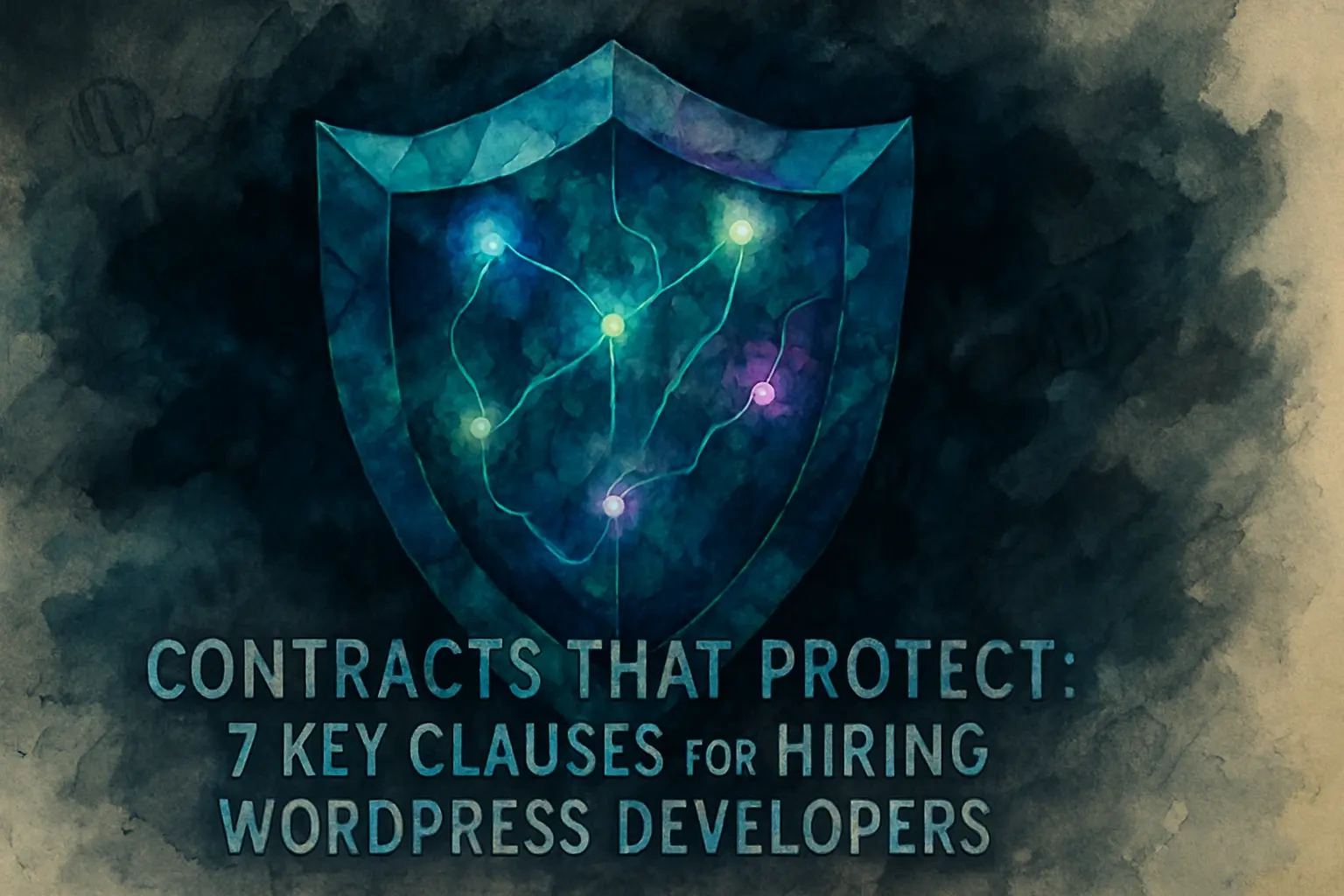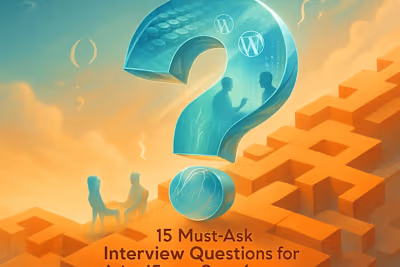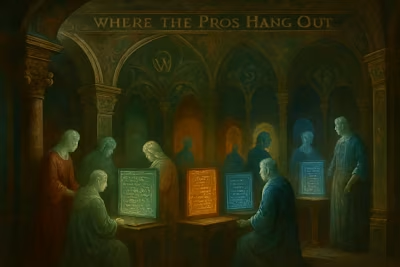Contracts That Protect: 7 Key Clauses for Hiring WordPress Developers

Contracts That Protect: 7 Key Clauses for Hiring WordPress Developers
The Foundation: Why You Need a Legally Binding Agreement
Defining Roles and Responsibilities
Creating a Single Source of Truth
7 Must-Have Clauses for Your WordPress Development Contract
Clause 1: Detailed Scope of Work
Clause 2: Payment Terms and Schedule
Clause 3: Intellectual Property (IP) and Ownership
Clause 4: Revisions and Change Orders
Clause 5: Confidentiality and Non-Disclosure (NDA)
Clause 6: Termination Clause
Clause 7: Testing and Acceptance Criteria
Red Flags to Watch For in a Developer's Contract
Vague IP Ownership
Lack of a Clear Termination Process
Undefined Scope of Work
Conclusion
References
Contracts That Protect: 7 Key Clauses for Hiring WordPress Developers
The Foundation: Why You Need a Legally Binding Agreement
Defining Roles and Responsibilities
Creating a Single Source of Truth
7 Must-Have Clauses for Your WordPress Development Contract
Clause 1: Detailed Scope of Work
Clause 2: Payment Terms and Schedule
Clause 3: Intellectual Property (IP) and Ownership
Clause 4: Revisions and Change Orders
Clause 5: Confidentiality and Non-Disclosure (NDA)
Clause 6: Termination Clause
Clause 7: Testing and Acceptance Criteria
Red Flags to Watch For in a Developer's Contract
Vague IP Ownership
Lack of a Clear Termination Process
Undefined Scope of Work
Conclusion
References
Posted Jul 6, 2025
Hiring a WordPress developer? A strong contract is essential. Discover the 7 must-have clauses to protect your investment, define scope, and ensure a successful project.








